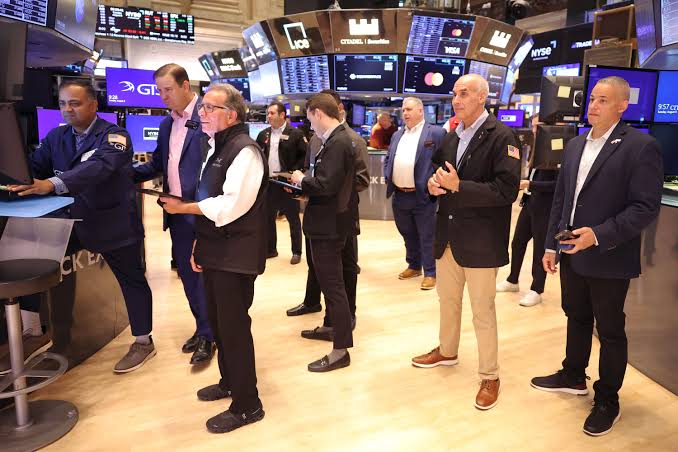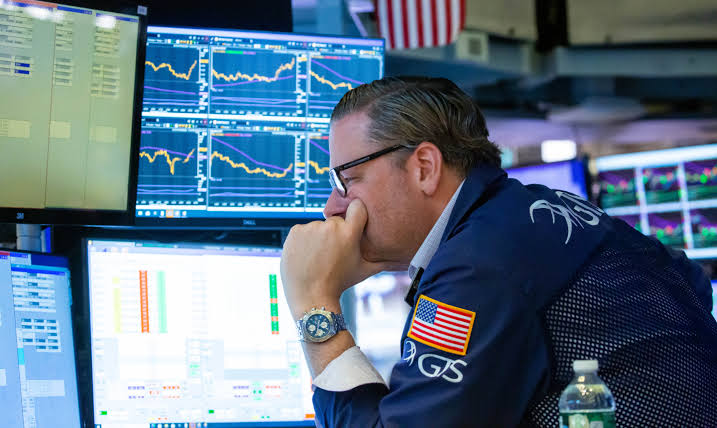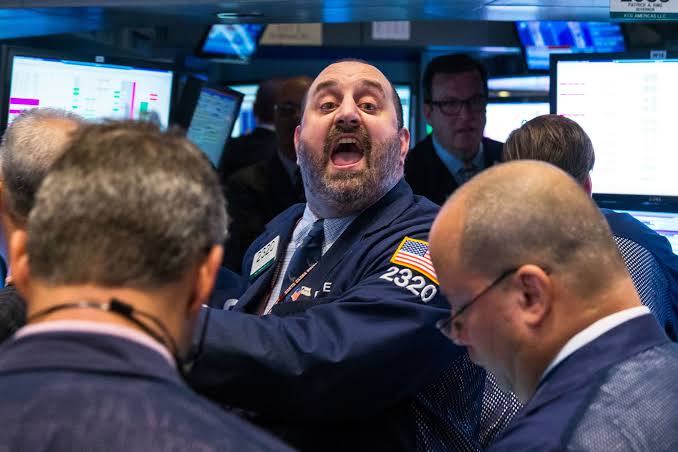This was the most unpredictable week for markets since the pandemic started, which shows that global financial systems are going through a rough patch. The big changes in the last week have made a number of important points clear for investors, analysts, and lawmakers.
The start of the week saw big changes in the major stock markets. These changes were caused by a mix of economic data releases and events in other countries. The market was unstable because people were worried about inflation, interest rates, and economic growth. Central banks, especially the Federal Reserve, have been at the centre of market talks. Investors are closely watching their policies to get clues about how the economy will do in the future. Recent actions and words from central banks have made the market more volatile as buyers prepare for possible changes in monetary policy.

Geopolitical events and trade tensions contribute to market instability, as seen in recent market movements.
One of the most important things we can learn from this crazy week is that markets are becoming more and more dependent on economic signs. Reports on inflation and jobs have sent mixed messages, making it hard to tell how fast and how long the economic recovery will last. For example, inflation numbers that are higher than expected or job numbers that are lower than expected can cause sharp market reactions. This shows how important it is for investors to stay informed and flexible.
The effect of global events on market stability is another important thing to remember. Market swings have been caused by trade disputes, political unpredictability, and tensions between big economies. As investors try to figure out how to deal with the unknowns of global trade and economic relations, things like rising trade tensions between the U.S. and China or geopolitical battles can make the market riskier. The changes in the markets this week showed how connected the world’s economies are and how quickly outside factors can change how people feel about the markets.

Investors monitor market trends closely amid unprecedented volatility, reflecting heightened market anxiety.
Diversification and risk control are also very important in investment strategies, as this week has shown. Investors have been informed of how important it is to have a well-diversified portfolio by how volatile the markets have been. Diversifying across different types of assets, industries, and locations can help lower risks and lessen the effects of market changes. Setting stop-loss orders and reviewing investment positions on a regular basis are two risk management methods that have been very helpful in dealing with the volatility.
The rough week also showed how important market mood and investor psychology are. When there is a lot of instability, people sell in a panic and act like everyone else. This can make market swings worse. Understanding the psychological factors that affect how the market acts can give buyers useful information about how the market might move and help them make better decisions.
Lastly, the events of the week show how unclear the world economy is still. Even though governments and central banks are trying to keep markets stable, investors still have a hard time because of how complicated economic, military, and social factors are. The rough week has made it clearer why investment plans need to be alert and flexible, and why it’s important to keep up with economic trends and geopolitical events.

A well-diversified investment portfolio can help manage risks during periods of extreme market volatility.
Finally, the most volatile week since the pandemic has taught us a lot: how markets react to economic data, how geopolitical events affect them, how important it is to diversify and manage risk, how market sentiment affects prices, and how uncertain the global economy is still. As markets continue to deal with these problems, investors and lawmakers will need to stay alert and adapt to how global finance is changing.